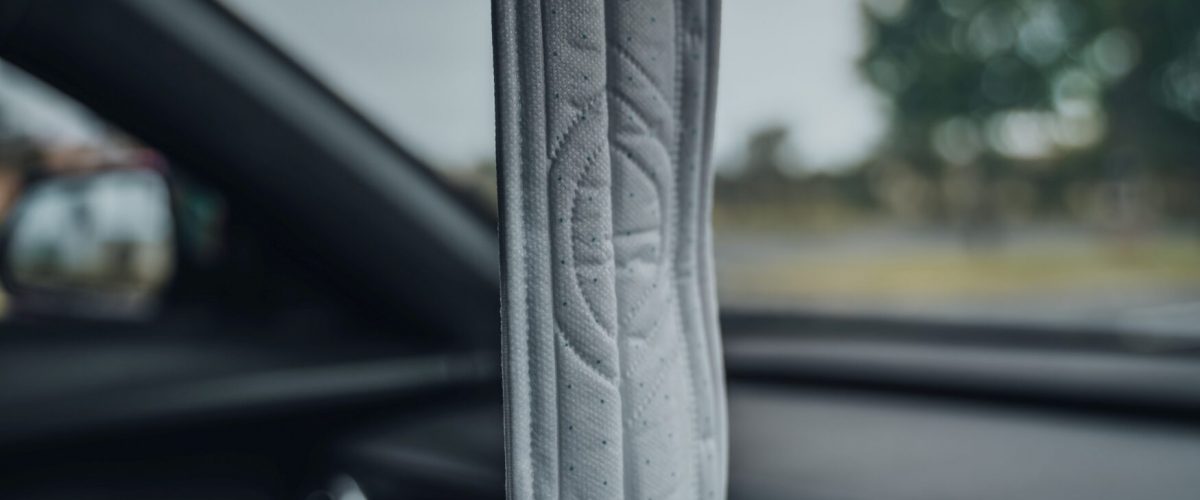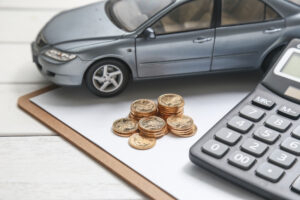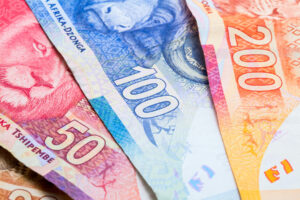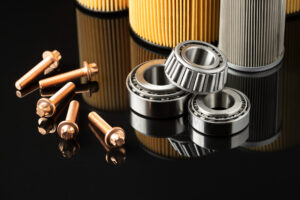An inevitable task for all motorists will be the need to fill their vehicles with fuel eventually. Along with this will come many opportunities to potentially come into contact with the COVID-19 virus. The managing director of MasterDrive, Eugene Herbert, says while one should avoid hysteria or paranoia, you should also take precautions to look after yourself.
Herbert provides some tips to keep in mind when refuelling to minimise your exposure as much as possible:
- Do not forget to put your mask on as soon as you arrive and before you speak to the petrol attendant
- Wherever possible, make use of the tap function on your card
- However, card limits and petrol costs often make this prohibitive and you may need to enter your pin. Some petrol stations may provide sanitiser before and after entering a pin
- If they do not, keep a hand sanitiser bottle or wipes in your car
- There are numerous stories on social media saying that sanitisers can set your car alight. Specific conditions, however, are required for this to happen, spontaneous combustion is not possible. Gel or liquid hand sanitisers need an external ignition source to catch alight. The heat of a car alone is not enough to cause a fire. So, it is safe to keep a hand sanitiser in your vehicle.
- If you need a bathroom break, try avoid using the facilitates at a petrol station. There are many surfaces that could still be holding the virus and you would be safer waiting until home or using a sanitiser if you need to wash your hands.
- When you sanitise your car, do not forget to clean the area around your petrol cap both inside and out so that you protect both yourself and the next petrol attendant.
- If a petrol attendant touches anything else, for example under the bonnet, be sure to wipe that down as well.
Following these few simple techniques can help keep you safe. “It also shows consideration to the petrol attendants who assist a large amount of people throughout the day,” says Herbert.






